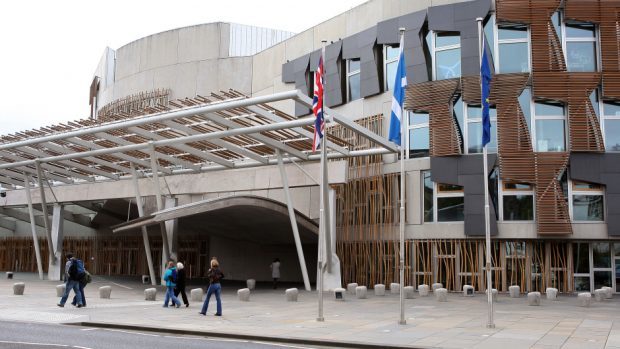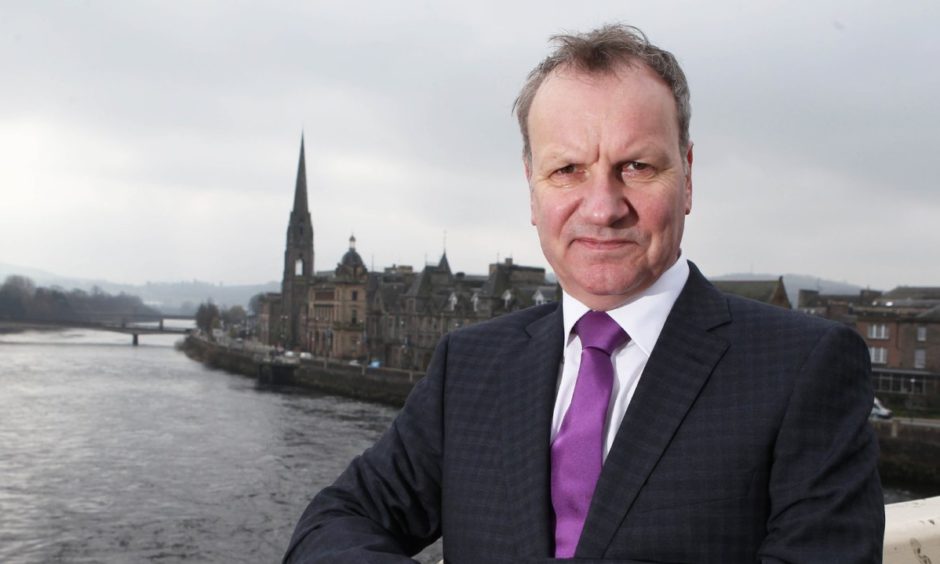UK ministers should be given a crash course in devolution to avoid a repeat of the “confusion and frustration” caused by mixed messaging during the pandemic.
Scottish affairs committee chairman Pete Wishart told us that a “lack of understanding about devolution in Whitehall” has contributed to a breakdown in intergovernmental relations and resulted in mixed messaging on Covid-19.
The comments come as his committee published a report which recommended an overhaul of how business is done between London and Edinburgh.
The 45-page report concluded that, during the pandemic, the UK Government “failed to make clear when its messaging applied only to England” and as a result “caused unnecessary confusion in the devolved nations”.
The cross-party committee also notes “with concern” that forums for discussion between the UK and devolved governments are not fulfilling their functions and raises questions about the role of the Scotland Office.
Mr Wishart said: “The early stages of the ‘four-nation approach’ demonstrate how effective engagement can be. So, we need more of it, not less. And it needs to be a permanent feature of the future of devolution.
“That voice at the table is essential in reaching effective clarity and coordination that can save lives, limit the suffering caused economically, and to provide a well-rounded recovery, leaving a more resilient devolution.”
The UK Government has to make it clear when they do say these things from the podium and they are communicating to the whole United Kingdom that a lot of what they are referring to is specifically English only.”
He added: “The role of the Scotland Office in this confounded us. The secretary of state was very keen to say there was a role for the office in bringing together different players and actors. There didn’t seem to be a formal role for them.
“We heard again from the Scottish Government that ministers just get in touch directly and bilaterally with their counterparts in the UK. So we’re not entirely sure of the role of the Scotland Office.”
On the issue of mixed messaging, Mr Wishart said UK ministers need to make clear when they are speaking for England only.
Asked if the union flag should be dropped from briefings, he said: “I don’t think that’s necessary. What we have said is that the UK Government has to make it clear when they do say these things from the podium and they are communicating to the whole United Kingdom that a lot of what they are referring to is specifically English only.
‘A lack of understanding’
“We’ve said very clearly that in the future when they are communicating, there has to be clarity about who’s making this message on whose behalf.”
Asked if UK ministers would benefit from a crash course in devolution, Mr Wishart said: “Totally”.
“This is something that we concluded in the last report, that there’s such a lack of understanding about devolution in Whitehall.
“We recommended that courses should be made available so there’s a greater understanding about devolution across Whitehall. But given what we’re seeing through this crisis I don’t think that’s a recommendation that’s been taken up.”

